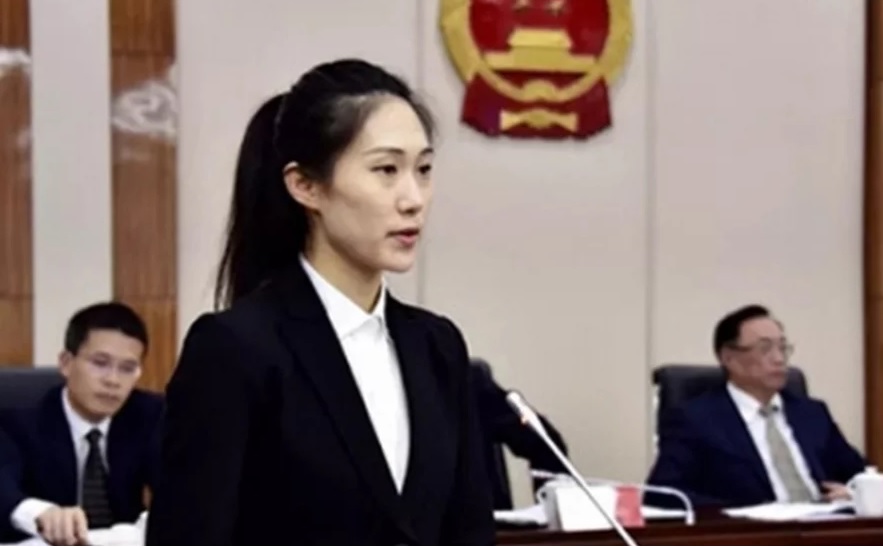Chinese city names new deputy mayor – and she doesn’t fit the mould

FUQING, Dec 30, 2018, SCMP. A push to get new blood into local government is dividing opinion after a 28-year-old woman was named deputy mayor of a city in southeast China, reported the South China Morning Post.
Some have questioned whether Yuan Lin, who is from Hebei province, is qualified to take up the job in Fuqing – a city of 1.4 million people – after her appointment was announced on Tuesday.
It was approved by the Fuqing People’s Congress, which said she would be in charge of science and technology in the county-level city under Fuzhou, in Fujian province.
Yuan, a doctoral student in finance at prestigious Peking University, has a master’s degree in statistics from Rice University in Houston, Texas.
After she got her master’s in 2013, Yuan returned to China, working as an assistant at Zhengren Investment in Tianjin before moving to Beijing in 2015 to continue her studies.
The announcement has sparked debate on social media, with some supporting the move and calling for more women and young people in politics, and others asking how she could have been appointed with just two years of work experience in the private sector.
But it is not the first time local governments have looked to China’s elite universities for new recruits, particularly the second- and third-tier cities such as Fuzhou. These areas often struggle to attract and retain talent as graduates zero in on high-paying jobs in cities such as Beijing, Shanghai and Guangzhou.
Fujian appointed its youngest deputy mayor in 2014. Li Shijun, who has a doctorate in life science from Tsinghua University, was 27 when he took charge of science and technology in the city of Longhai. He is now deputy director of the Fujian Communist Party’s Organisation Department.
The same year, another doctoral candidate in finance from Peking University was hired as the deputy director of the Taiwan Investment Zone Management Committee when he was 29. Li Hongtai now heads the Zhangzhou Finance Supervision and Regulation Bureau.
Other provinces seeking younger bureaucrats include eastern Jiangxi, which tapped the graduate pool from Peking and Tsinghua universities to fill leadership positions in Jiujiang, Jingdezhen and Fuzhou.
And in Shandong, the city of Yantai has offered packages worth up to 380,000 yuan (US$55,000) in a bid to attract young talent for government jobs.
But not everyone agrees with the approach, and the appointment of Yuan to a senior position has been a hot topic online since it was announced.
One commenter on news website Btime.com wrote: “She has only spent two years working in a private company and she is now a deputy mayor without having served a day as a public servant. How can she convince those who have worked hard as public servants and county officials?”
Another questioned whether a deputy mayor should be learning the ropes on the job.
According to a Renmin University professor who declined to be named, the criticism was “inevitable” and cadres at the grass roots of the party would see the new approach as unfair.
Others on social media supported the move, saying they hoped more women could get into politics.
“It’s awesome,” wrote one commenter on Weibo, China’s Twitter. “I fully support more young women taking up jobs in politics.”
Another said: “I don’t understand why people are so sour about this – her academic background fits the job.”
A Fujian government official told Btime.com that the province wanted to hire more young people and had contacted Peking University with job opportunities.
“Yuan will go out to the grass roots to conduct research and give advice on local development – we want our brightest talent to be out there supporting these areas,” the official was quoted as saying.
Yuan will be deputy mayor of Fuqing for 10 months until September 30. She is not on the government payroll but will be given a basic allowance for accommodation and food, according to the official.